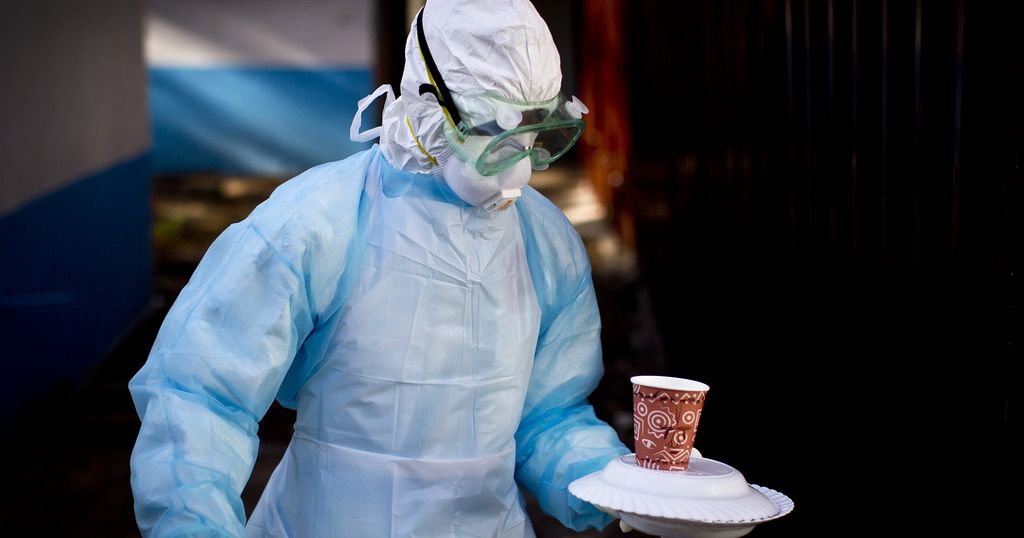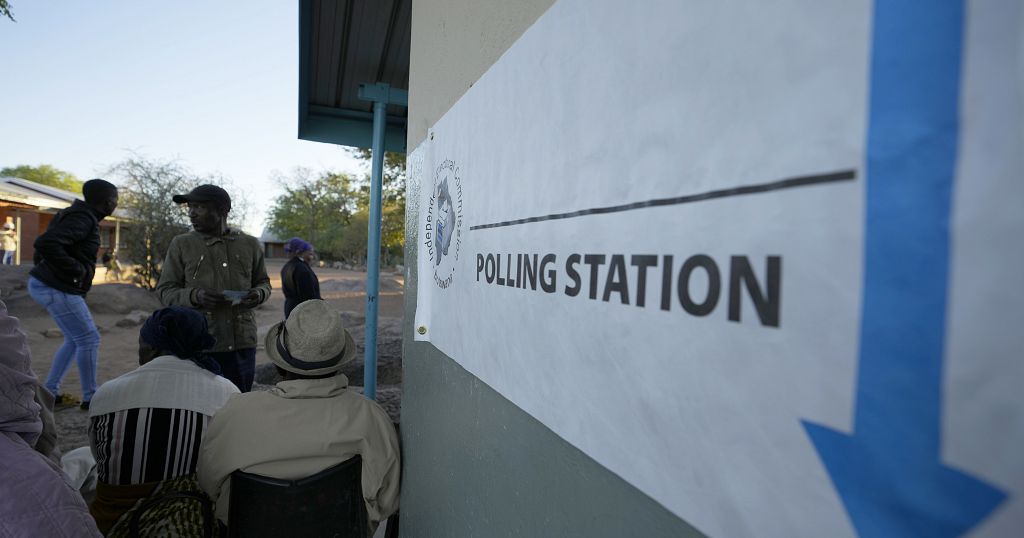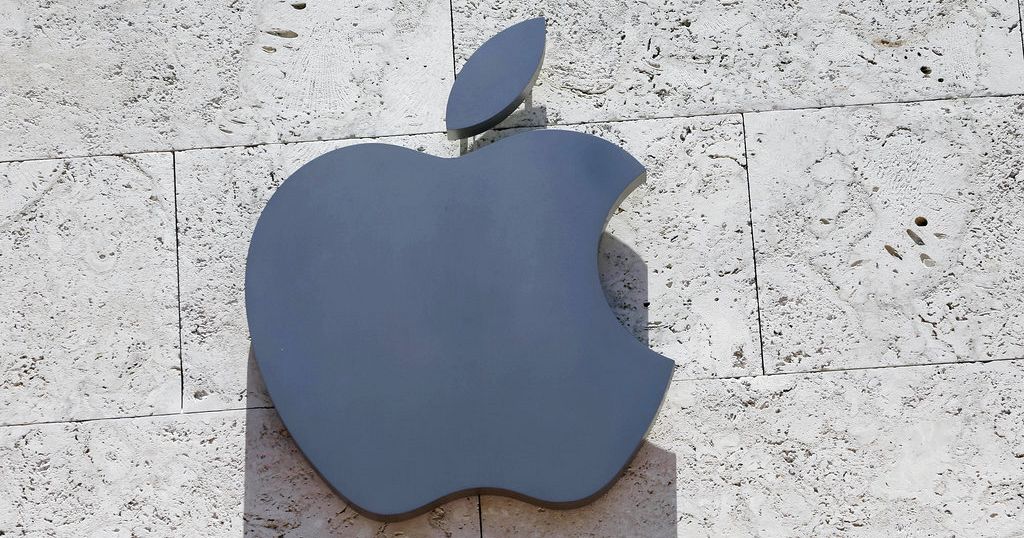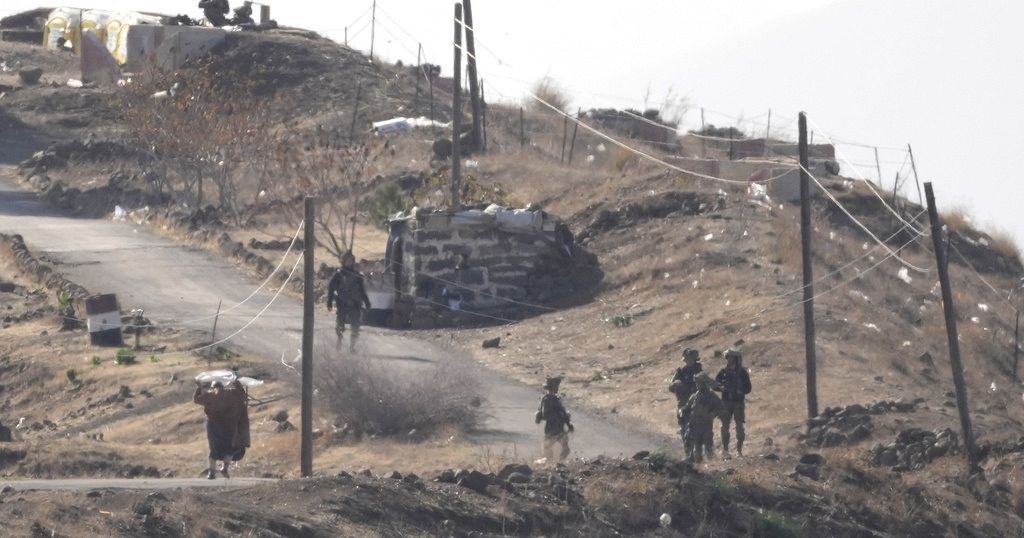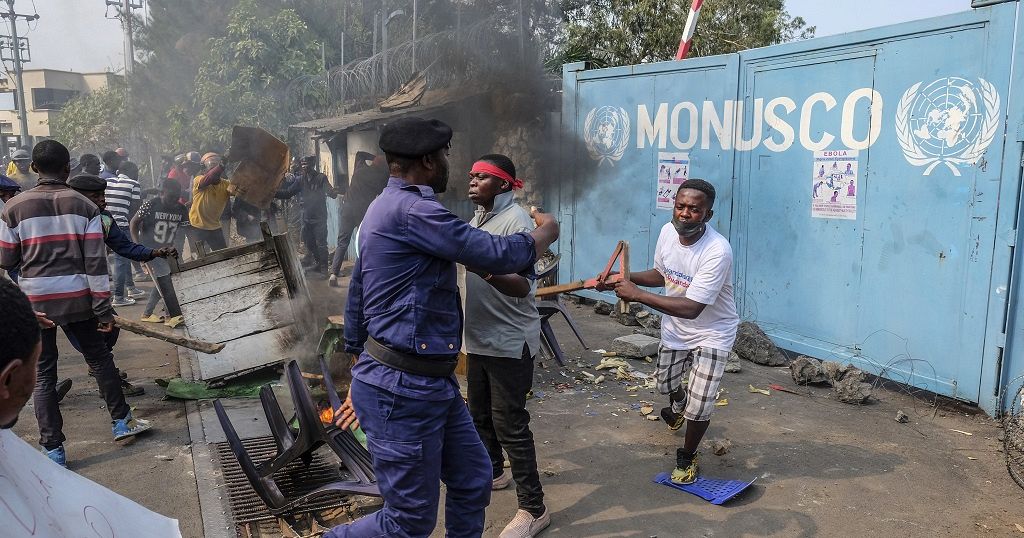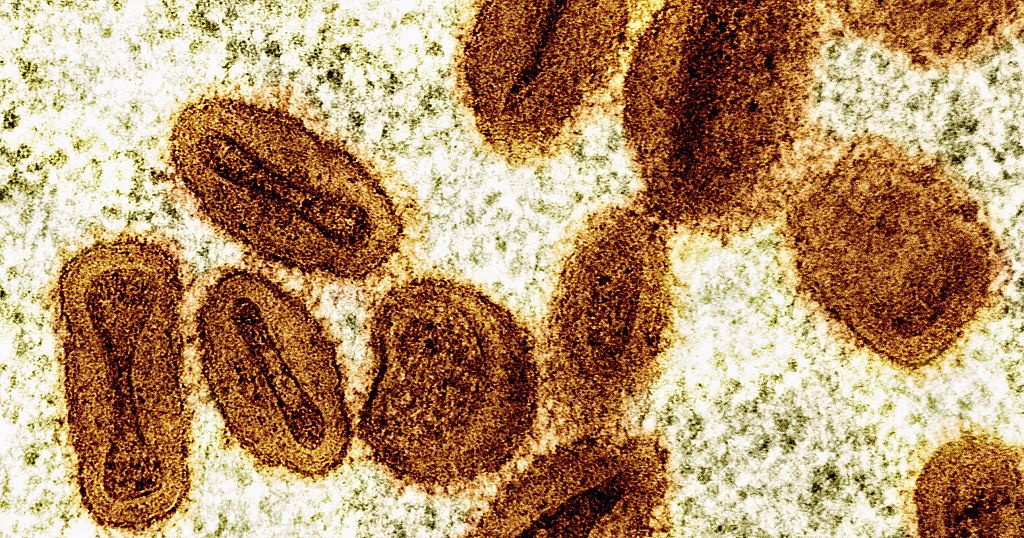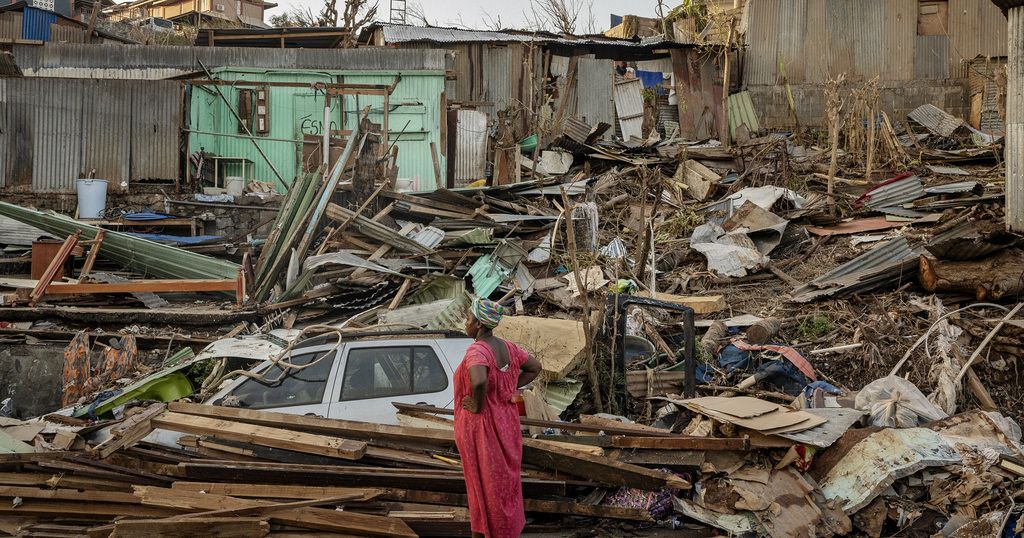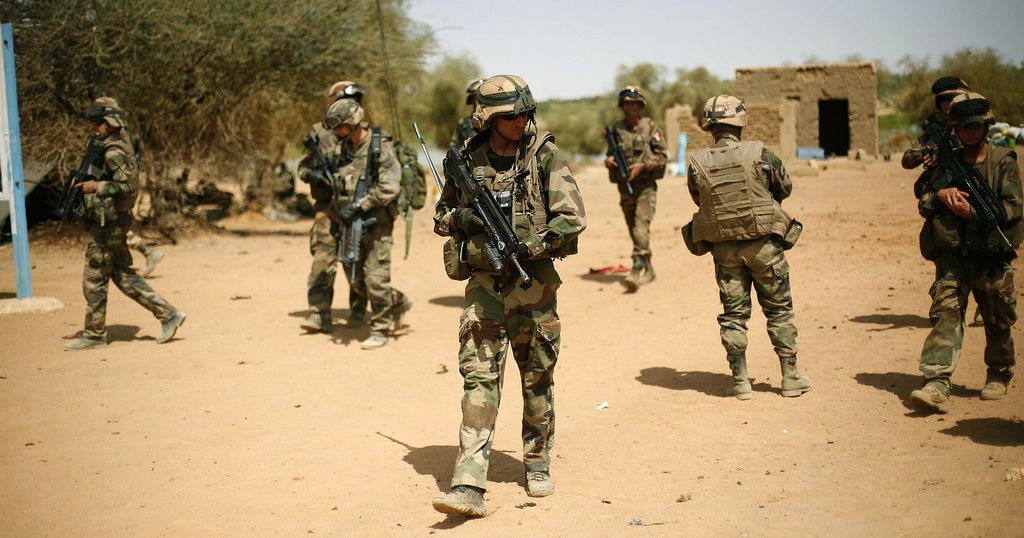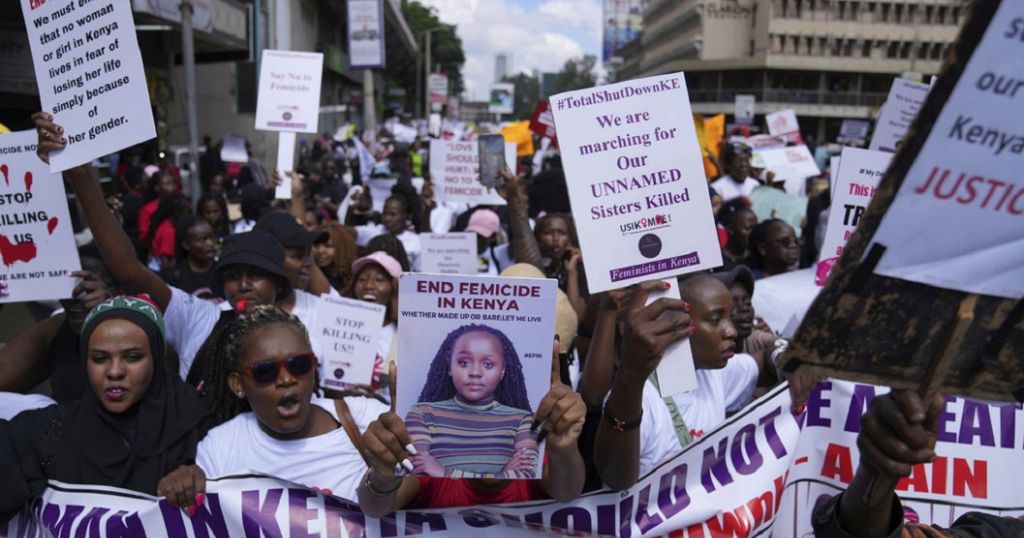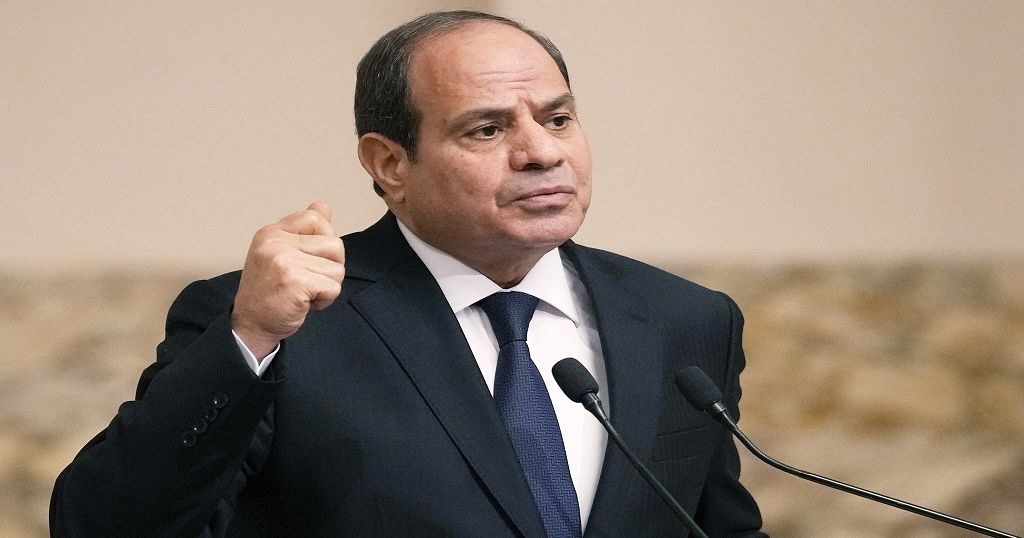Muslims in Sierra Leone navigate heat during Ramadan
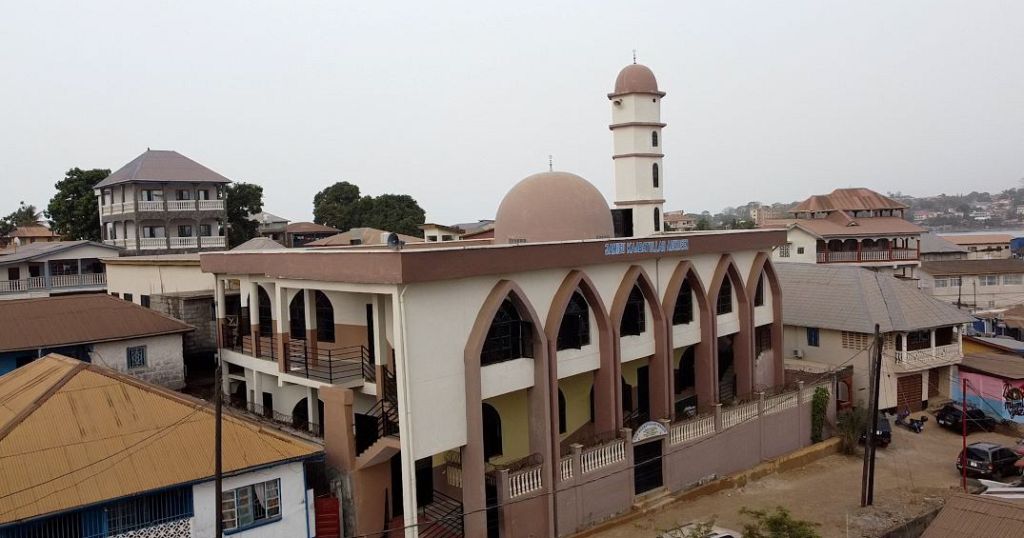
As the Azaan echoes across the streets, calling Muslims to prayer, it marks yet another day of fasting in observance of the holy month of Ramadan.
In Sierra Leone, where temperatures soar, the challenge of fasting amidst sweltering conditions is tangible. Yet, amidst this adversity, individuals like Fatmata, a dedicated fruit vendor, remain steadfast in their commitment to fulfil their religious obligations.
Fatmata reflects on the struggles of enduring the scorching sun, “When the sun is hot, we have to cover ourselves with umbrellas. It’s not easy. I have to find a cold place to lie down until the sun goes down a bit. Then, I later come back to continue doing business.”
The intensity of the early season heatwave in West Africa, reported by an international team of scientists in February, has exacerbated the challenges faced by Muslims fasting in Sierra Leone.
Temperatures exceeding 40°C have become a norm, reshaping the dynamics of Ramadan rituals. To shed light on the intersection of climate crisis and religious teachings, Africanews engaged Islamic Scholar, Dr. Ahmad Ramadan Jalloh.
Dr. Jalloh contextualizes the situation, drawing from Islamic teachings, “We have a Hadith – statement from Prophet Muhammad telling us about the heat that will happen on the day of judgement.
Allah will compensate those people who were fasting during the hot season with special water that they will drink. But that’s one thing that may encourage those of us who were fasting during this kind of climate, which is so hot here, right now in Sierra Leone.”
In addition to spiritual encouragement, Dr. Jalloh emphasizes the importance of taking precautions and preserving the environment amidst rising temperatures.
The confirmation from the World Meteorological Organization that 2023 marked the warmest year on record, with the global average near-surface temperature at 1.45 °Celsius, underscores the urgency of addressing climate change.
Health experts, like Dr. Abdul Khaliq Kalokoh, advocate for practical solutions to combat the heat. “So we can rehydrate ourselves with water, that is the first recommendation and secondly, we can also take things like watermelon, things like pineapple.
Those fruits that we can take that can help us retain a lot of water in our body.” Dr. Kalokoh further recommends drinking two to three liters of water between Iftar (breaking the fast) and Suhoor (pre-dawn meal) to mitigate dehydration.
As Muslims in Sierra Leone persevere through the heat this Ramadan, the global call for action against the climate crisis remains urgent. Amidst the spiritual devotion of fasting, there lies a poignant reminder of the interconnectedness between faith, climate, and resilience.
Through faith and adaptation, communities navigate the challenges of climate change, embodying the spirit of perseverance and stewardship.
Source: Africanews


